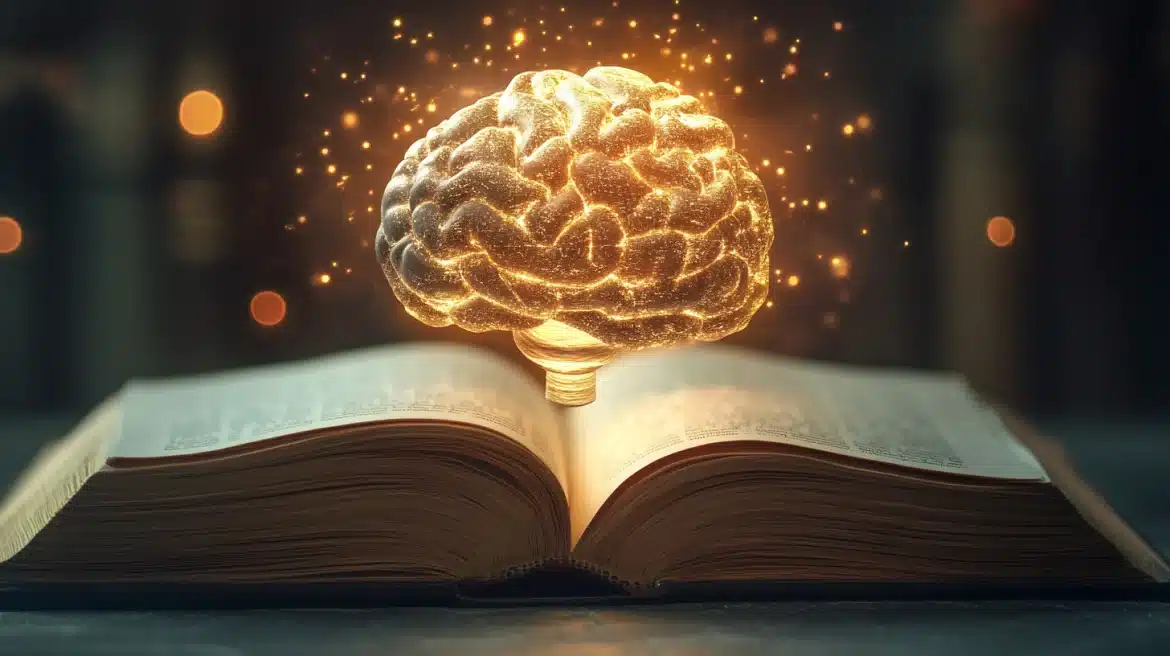Whether you’re learning a new skill, preparing for tests, or just trying to remember things better, your capacity for learning depends on your memory. By concentrating on certain memory skills, you may create strategies that not only help with recall but also with comprehension and practical application of information. These five fundamental memory techniques can greatly increase your capacity for learning.
1. Active Recurrence: Retrieval’s Power
Active recall is a strong learning tool wherein information from your memory is actively retrieved instead of being passively reviewed. This approach increases long-term memory and allows you to confirm your information.
Test yourself actively on the content instead of only reading your notes. Try, for example, to generate questions and answers on the subject or describe what you have discovered without consulting your sources. The principal advantages of active recall:
- Strengthening of neuronal connections improves memory retention.
- By often going over and recovering material, one may lower the forgetting curve.
- Improving your capacity to apply information in many settings can help you, especially in scenarios related to addressing problems.
Regular active recall helps you strengthen the brain networks connected to the material, therefore improving memory.
2. Self-monitoring and Comments: Growing from Errors
Self-monitoring—that is, assessing your own learning process and applying remarks for improvement—is among the most crucial skills. By means of active monitoring of your growth, you may identify areas where you have trouble and adjust your approach. Whether from tests, homework, or self-evaluation, comments expose your knowledge and areas of need for focus.
These three techniques will help you to use feedback and self-monitoring efficiently:
Utilize practice tests: Create simulated testing environments to evaluate your knowledge and point out areas of weakness.
Examine and review mistakes: Not only should you see errors; but, consider why they happened and how to fix them.
Ask outside sources for comments: Teachers, friends, or mentors’ comments might provide insightful analysis of areas needing work.
3. Sequential Memory: Appreciating the Information Order
Sequential memory is the capacity to recall sets of information—such as stages in a procedure, chronological occurrences, or a set of instructions. To aid sequential memory, use flow charts to observe the sequence or break the content into smaller pieces. Mnemonics and narrative elements may also help.
4. Metacognition: Analyzing One’s Perspective
Metacognition is one of the cognitive skills that can control your cognitive capacity. It seeks to observe, organize, and assess your growth. Developing metacognitive ability will help you to choose the suitable approach for many kinds of facts.
5. Critical Thinking: Data Analysis and Understanding
Critical thinking goes beyond just remembering, it includes analyzing material, spotting biases, and tying concepts together. This ability determines how one can use knowledge and solve problems in the real world.
To encourage you to grow in critical thinking, question assumptions, evaluate many points of view, and look at your own mental processes. It also means compiling information from several sources to provide balanced results.
If you perfect active recall, self-monitoring and feedback, sequential memory, metacognition, and critical thinking, your learning capacity will be significantly raised.

